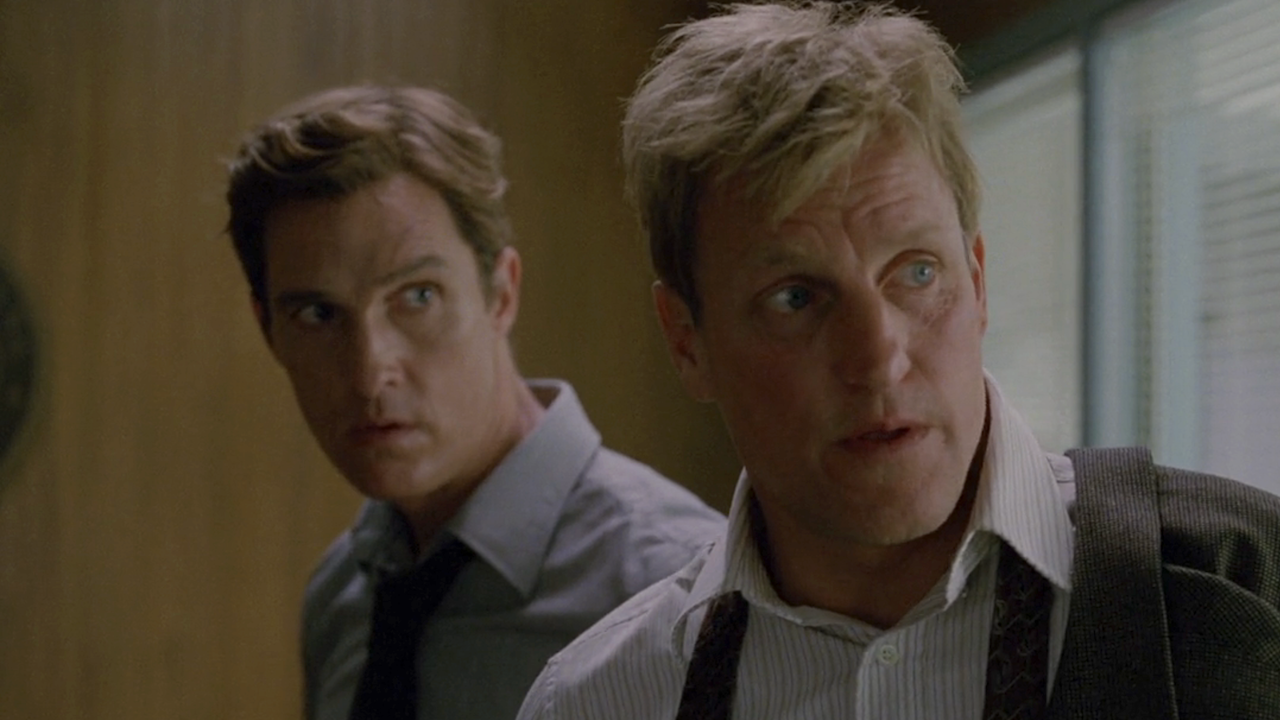Evaluating 8 Of Isaac Asimov's Predictions About 2014
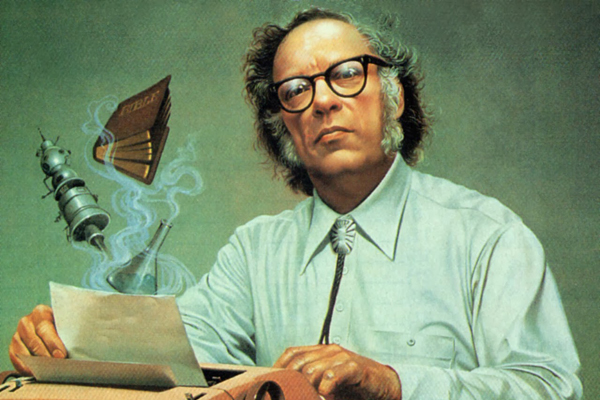
Predicting the future is a bit of fool’s errand. If I told you that 50 years from now we will all be petering around in flying cars a la George Jetson and moving from one end of the planet to the other in fancy-schmancy transporters, you’d likely point and laugh and call me a lunatic. Then again, I am a just a lowly writer and not, say, Isaac Asimov, one of the godfathers of science-fiction and an expert in biochemistry.
Back in 1964, Asimov wrote a story for the New York Times (via Open Culture) on what the world would––or could-–look like 50 years in the future. At that point, Asimov was one of the world’s best-known sci-fi experts, having written hundreds of stories about robots, distant planets, and interstellar empires. In other words, if anyone was going to correctly predict Earth’s status in 2014, it was going to be him.
Well––surprise!––it’s now 2014. And guess what? Asimov’s article is pretty accurate. At a time when television was just beginning to dominate the world and computers looked something like this, the legendary author was making bold predictions about new handheld gadgets and moving sidewalks and all sorts of other ephemera. Let’s take a look back at a few of these predictions and see how they measure up to our current reality.

He thought walls would glow “in a variety of colors” and “change at the touch of a push button”
Though I am sure 1960s LSD users were very excited at the prospect of “glowing” walls, you don’t see them much today. But, they do exist! Example: This 2009 article talks about the use of light-emitting wallpaper, where “a chemical coating on the walls [can] illuminate all parts of the room with an even glow” (hm, that sounds healthy). Unfortunately, this technology is currently few and far between, so the likelihood of it “killing off the lightbulb,” as the previously linked article states, seems a bit premature.

He predicted the popularity of the microwave oven
Asimov’s prediction of “units that will prepare ‘automeals,’ heating water and converting it to coffee; toasting bread; frying, poaching or scrambling eggs, and grilling bacon,” was right on the money. Though the first microwave oven was invented in the late ‘40s, it would be another 30 years before prices began dropping and regular folks were able to afford them in their kitchens. Then again, I still can't fry/poach scramble eggs, so Asimov may have been a bit overzealous on that front.
Your Daily Blend of Entertainment News
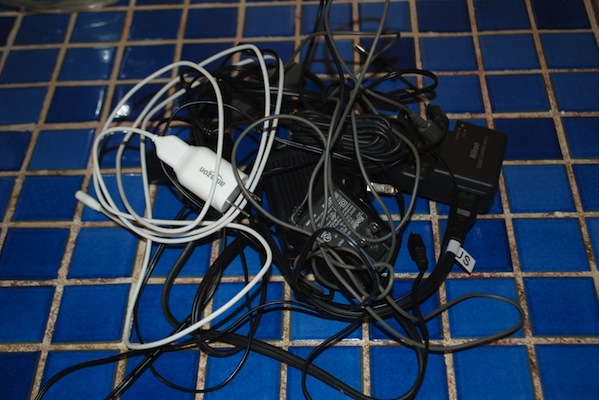
He thought there would be no electrical cords
Here's how I know this prediction hasn’t come true, the computer I am currently typing on is situated next to a massive spiderweb of cords that I have neglected to organize since I moved into my apartment four years ago and likely pose a serious electrical hazard. But, a few points to Asimov for at least predicting the cordless revolution––my apartment may not be ready for an Asimovian future, but plenty of my gadgets already are (cell phone, electric shaver, etc.).
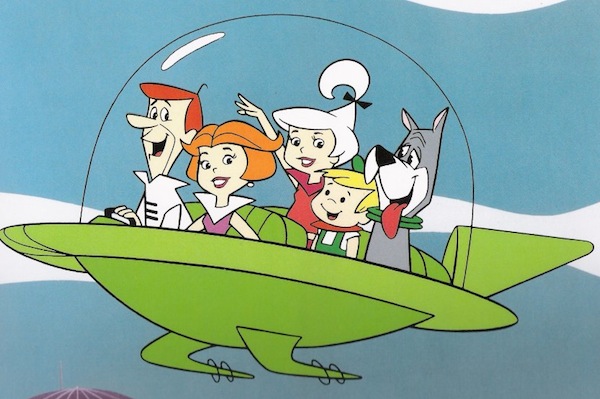
He thought there would be flying cars
Ah yes, the requisite flying car prediction, or as Asimov put it: “Even ground travel will increasingly take to the air a foot or two off the ground.” If you currently live on the planet, you will know that this has yet to come to fruition. However, that hasn't stopped people from predicting––though wanting may be the more appropriate term––this type of technology for the last 100 years. Isn’t it time someone came up with it? Where’s Doc Brown when you need him?

He thought cars would drive themselves
A lot of effort has been put into this, as evidenced by this 2009 article about Google’s self-driving car. According to a recent report by IHS Automotive, these types of cars will make up nine percent of auto sales by the year 2035. So if you’re the type of person who’s too lazy to run errands, you only have about 20 years before driverless automobiles are part of our Google-centric culture.
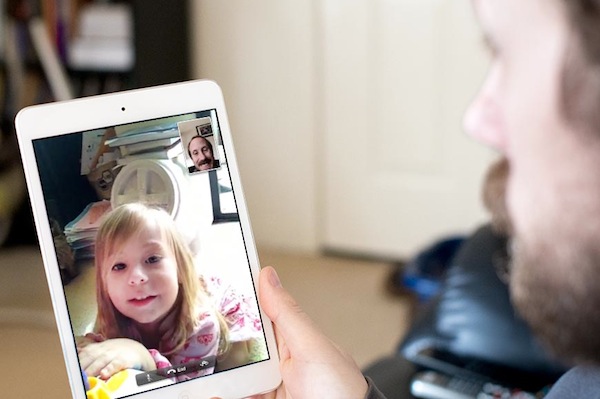
He thought you would be able to see the person you're talking on the phone with
Hello, FaceTime and Skype! Both applications allow us to have conversations over the phone and in person (or at least in person via video). Downside to this advancement: it’s a lot harder to mask your boredom/annoyance with whoever you’re talking to when they can see your face.

He thought we could speak with someone on a moon colony
While we certainly have the ability to reach someone on the moon––that is if you count communication between astronauts––as far as colonization goes, that doesn’t appear to be happening any time soon. Until it does, we will sadly have to resort to our regular, boring Earth conversations.

He thought we would suffer from the disease of boredom
Mr. Asimov, let me introduce you to a little phenomenon known as TL;DR, which stands for “too long, didn’t read,” an acronym designed specifically for people who are too lazy to read an entire article/e-mail/text message. In other words, yes, people are becoming increasingly bored. Thanks to the Internet, we are in constant need of stimulation. (In fact, if you got down this far in the article, congratulations, you are going against the grain!) While Asimov predicted that this boredom would “have serious mental, emotional and sociological consequences,” that remains to be seen. Until then, TL;DR.
